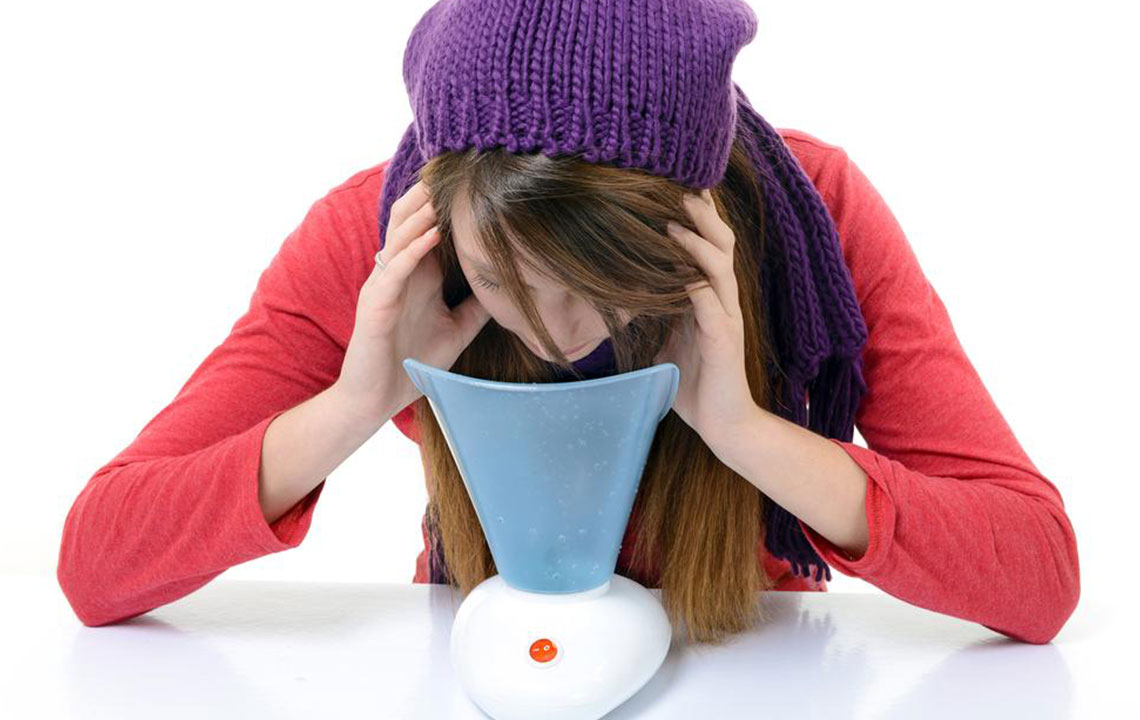How to Distinguish Sinus Infection from Regular Allergies
Learn how to distinguish sinus infections from common allergies with key symptoms like persistent pain, fever, and mucus changes. Early detection and professional treatment are vital for preventing serious complications. Understanding causes, signs, and treatment options can help manage symptoms effectively and avoid chronic issues. This guide emphasizes the importance of timely medical intervention to ensure optimal health outcomes.

How to Tell Sinus Infection Apart from Common Allergies
Many individuals experience reactions to environmental irritants, with nasal allergies being quite common. These can range from seasonal allergies to more serious sinus infections. Recognizing sinus infection symptoms early is crucial, as untreated sinusitis can turn chronic within a few months, leading to severe inflammation and potential complications involving the brain. Often, people mistake sinus issues for colds or allergies, delaying proper treatment. Early detection helps prevent long-term health problems and ensures effective management.
Understanding Sinusitis and Its Causes
Knowing what sinusitis entails and how it develops is essential for timely intervention.
Sinusitis involves inflammation of the nasal cavities, mainly caused by bacterial infections often following a cold or allergic reactions. Structural abnormalities or weakened immunity can also contribute. The sinuses are hollow spaces within your forehead, between your eyes, behind your nose, and in your cheeks, connected via small channels that help filter and warm inhaled air. Persistent allergies may block these channels, leading to mucus buildup and infections, which a healthcare professional can diagnose and treat effectively.
Untreated allergies can cause sinus blockage, leading to inflammation and impaired mucus drainage. Recognizing sinus allergy symptoms—such as immune response issues—can prevent complications like tissue damage or blood vessel dilation. Proper diagnosis allows targeted treatment, reducing the risk of chronic conditions.
Signs That Differentiate Sinus Infection from Regular Allergies
It's important to identify when nasal issues are due to sinus infection rather than typical allergies or colds. Notable symptoms include:
A persistent nasal infection lasting over three weeks; usual colds and allergies tend to resolve sooner.
Fever and fatigue, sometimes with chills.
Thick mucus that may be yellow or green, draining from the nose or down the throat.
Lack of sense of smell or taste, often accompanied by bad breath.
Sore throat, cough, sneezing, runny nose, and post-nasal drip are common.
Facial pain, headaches, or toothache, especially around the cheeks and nose bridge.
Feeling of pressure or congestion that worsens when leaning forward.
Sleep disturbances such as obstructive sleep apnea.
What Steps to Take Once Sinus Infection Is Suspected
If symptoms seem to be sinus-related and not just a common cold, consult a healthcare professional promptly. Early treatment can avoid severe complications, especially if the infection is near the brain. Diagnosis often involves medical examination and possibly imaging.
Treatment options depend on severity and cause and may include:
Antibiotics – Used to eliminate bacterial infections. Proper diagnosis is essential before medication.
Antihistamines and Decongestants – To reduce allergic inflammation and mucus swelling.
Steam therapy and saline rinses – To loosen mucus and promote drainage.
Surgical intervention – Considered if medication does not alleviate symptoms, to correct structural issues.
Sinus infections can last longer and be more serious than regular allergies or colds. Timely detection and treatment are vital to prevent complex health issues and ensure full recovery.










